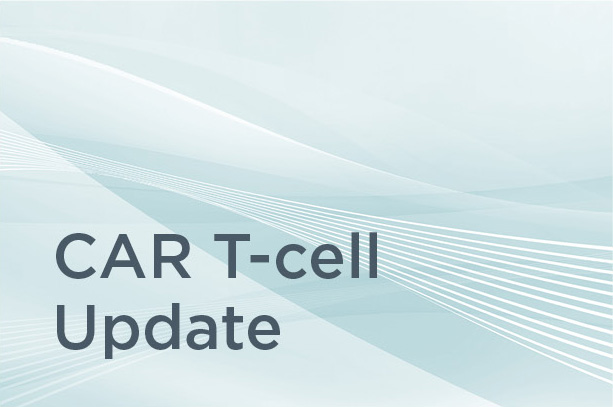
Chimeric Therapeutics is reporting early signs of efficacy in the world’s first clinical trial of CAR T cell therapy for neuroendocrine cancer. The first NET patient to receive the treatment had stable disease after 60 days. Chimeric discussed the update at an investors’ call on March 3.
The trial of CDM CDH17, a cell therapy developed at the University of Pennsylvania by Dr Xianxin Hua, targets an antigen expressed on the top of cancer cells in neuroendocrine and some other gastrointestinal cancers. NETRF funded the preclinical work beginning in 2014 to bring this innovative treatment from the bench to the clinic.
The first NET patient enrolled in the trial was treated at the University of Pennsylvania, where Dr. Jennifer Eads is the study’s principal investigator. Chimeric reported that the patient had aggressive disease before the trial and was stable after treatment.
“As we advance this first-in-human clinical program, we are very happy to see that CHM CDH17 can be delivered safely, and we look forward to when it may be approved for use in people with gastrointestinal neuroendocrine tumors,” said Jason Litten, MD, Chief Medical Officer of Chimeric.
The clinical trial has also been expanded to a fourth site. In addition to the University of Pennsylvania, Sarah Cannon Research Institute in Nashville, and the University of Chicago, the trial will be open at Emory University in Atlanta, where patient enrollment will begin soon.
